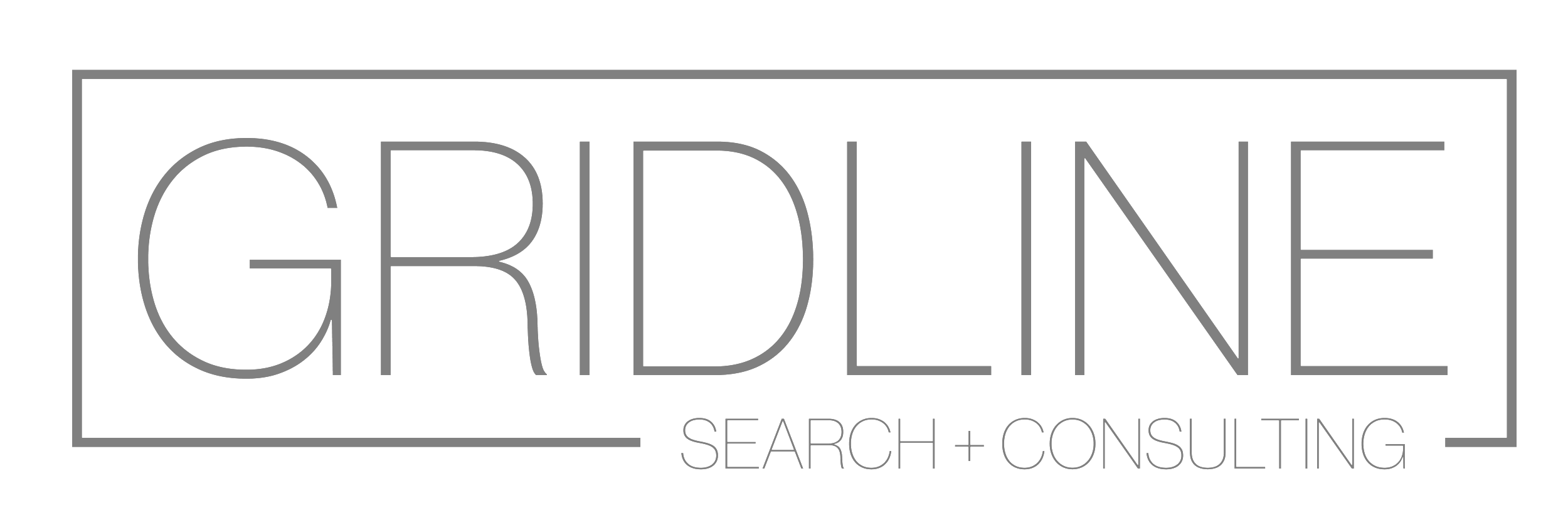There has been a significant disruption to legal hiring due to the impacts of COVID-19, but this will not last forever. The hiring market is seeing what I would call "a heavy pause." Many employers are waiting to fill most positions until there is more certainty about the economy, office openings and the types of demand for legal services (*though not all employers, see point #5 below). That being said, if you are a BigLaw associate that has been thinking about making a change, there are some specific actions and strategies that you can do now to set up to make a move later on:
Review your list of matters and deals to create an up-to-date summary sheet. Now is a good time to reflect specifically on the work that you have done at your firm thus far. Whether you are a junior associate or more senior associate, take some time to download a sheet of all the matters and deals that you have worked on. This will help in many ways with your future job search. It will help you (and any recruiter with whom you work) understand what openings make the most sense for you. It will also help with application submissions and even interview preparations, as most interviewers will want to hear about specific work experiences.
Work with a recruiter or career advisor on updating your resume. Your resume is the foundational document for the legal job search. Legal resumes need to get a lot of information in a tight amount of space (a single page for BigLaw associates, when possible). A good recruiter and career advisor will help you decide which details should stay and which details should go, all in order to make room for a full description of your current legal work experience. What educational honors are important to keep? What prior non-legal work experience makes sense to preserve? What skills and qualifications are most marketable? (I'm happy to offer tailored advice like this if you are a BigLaw associate considering a move. Schedule a time to speak or videochat.)
Look around at posted openings to see what interests you. Employers still have a lot of legal positions posted up on their websites. If these positions are more than a few weeks old, there is a strong chance that the opening is closed or at least on-pause due to the pandemic. However, these older job postings will give you a sense of the type of legal hiring that was active until the world came to a halt. If you see an older posting that's of interest, copy and paste the description into a spreadsheet or Word document. This exercise will help you keep focus on opportunities that make sense for you personally, as well as opportunities that do not.
Seek opportunities at your current firm to expand or shift your areas of expertise. Maybe you are considering a move in order to expand or shift your legal specialty. And maybe you have not been able to do that at your current firm because of internal politics, no time, lack of work in that area or some other reason. If that is the case, see if you can use some of your work time now to get exposure to a practice area of interest to you. Offer to write a client alert or take on a research project. Schedule an internal informational interview with a partner or senior associate that does that kind of work. Take a CLE course to learn more about that type of work.
Discuss strategies and timing with a legal recruiter that you trust and will work for you. When it comes to actively searching for a new legal job, timing is everything. For some BigLaw associates, it might make sense to work with a legal recruiter and get some applications out now. There are firms that are at least doing phone interviews with strong candidates for urgent-need openings. The hiring timeline will be extended, but for these positions, it makes sense to get into the candidate pool now. Otherwise, a candidate risks being left out when an urgent-need opening quickly becomes an essential opening. For other associates, it will make sense to start with the first four steps and lay some groundwork for applications later on down the line. If an associate is submitted for a stale position or to a group or firm that does not have an active need, you can risk signalling to the potential employer that you are desperate to leave your current employer. This is not an ideal position to be in.





















